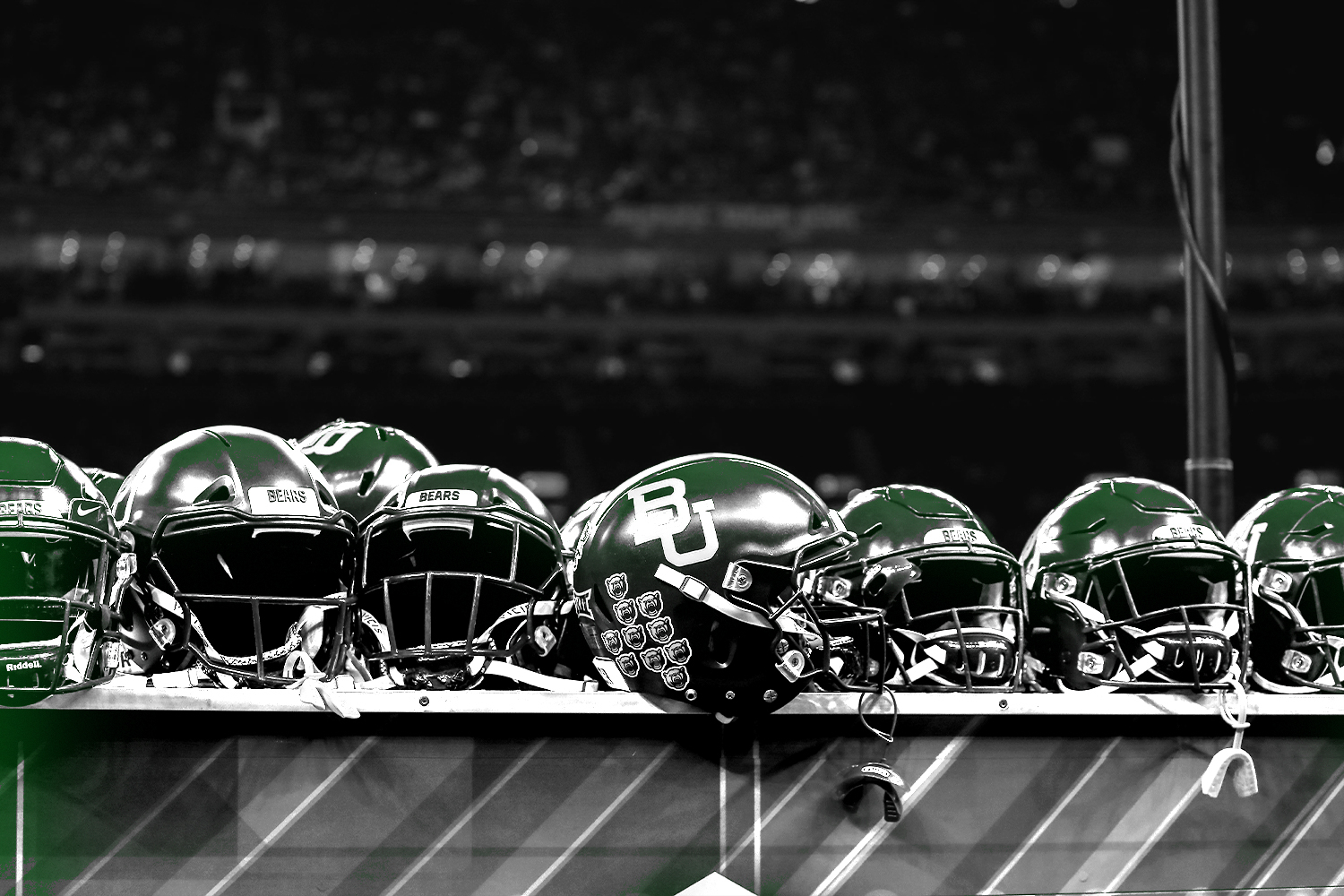When it comes to one of the largest issues on college campuses — and in college sports — the NCAA has no system of accountability.
The NCAA’s Committee on Infractions investigated the culture of sexual assault within Baylor Athletics that culminated in a 2016 scandal, and the report illustrated a disturbing reality beyond the report’s findings: The NCAA has no rules for how schools should address sexual assault cases — and therefore, no way to punish a school that mishandles them.
“Baylor admitted to moral and ethical failings in its handling of sexual and interpersonal violence on campus but argued those failings, however egregious, did not constitute violations of NCAA rules,” the report read. “Ultimately, and with tremendous reluctance, this panel agrees.”
The governing body found a few other ways to punish Baylor for recruiting violations and impermissible benefits.
The Findings
The committee’s report detailed several allegations of sexual assault or violence made against football players and how football coaches didn’t properly report them.
Former head coach Art Briles “failed to meet even the most basic expectations of how a person should react to the kind of conduct at issue in this case,” the report said. (Briles’ attorney said in a statement the report “completely exonerated” him.)
When the committee realized that it had no bylaws with which to directly punish Baylor, it went in a different direction. It asked whether athletes received extra privileges when their coaches shielded them from investigations — something normal students wouldn’t get.
The NCAA’s discovery? Because this toxic culture existed throughout the entire student body, athletes weren’t getting any more protection than anyone else.
The committee was only able to hand down punishment for one issue related to sexual assault: Baylor’s use of a mostly female group tasked with helping recruiting events, the “Baylor Bruins,” constituted a recruiting violation.
Baylor’s former Title IX coordinator said the Bruins were “at the disposal of players in a very inappropriate way,” the report said.
NCAA’s Remorse?
During a press call, FOS asked infractions committee chairman Joel Maturi if they should have authority in the future to punish schools for mishandling sexual assault.
“I think the seven members of the panel believe that there should have been, or could have been, an avenue for us to address this,” Maturi said. But he noted schools themselves vote on NCAA bylaws — so “it’s up for the membership to decide.”






![[Subscription Customers Only] Jun 15, 2025; Seattle, Washington, USA; Botafogo owner John Textor inside the stadium before the match during a group stage match of the 2025 FIFA Club World Cup at Lumen Field.](https://frontofficesports.com/wp-content/uploads/2026/02/USATSI_26465842_168416386_lowres-scaled.jpg?quality=100&w=1024)
![[Subscription Customers Only] Jul 13, 2025; East Rutherford, New Jersey, USA; Chelsea FC midfielder Cole Palmer (10) celebrates winning the final of the 2025 FIFA Club World Cup at MetLife Stadium](https://frontofficesports.com/wp-content/uploads/2026/02/USATSI_26636703-scaled-e1770932227605.jpg?quality=100&w=1024)









